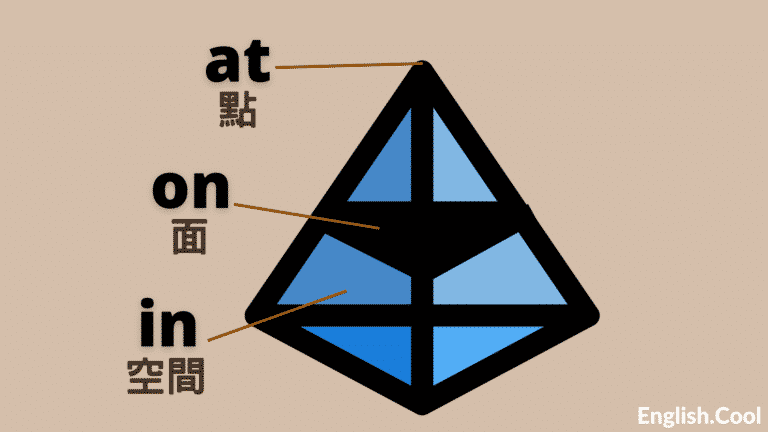这里教您如何使用Neither、So、Either和Too。
Neither(也不) Vs. So(也是):
I don't like pineapple. Neither does she.我不喜欢凤梨
。她也不喜欢。 (前句是否定句与现在式, 后句用" Neither " ," She "是第三人称单数, 前面要用" Does "。Neither does she . = She doesn't either . )
She is not in Taipei . Neither am I .
她不在台北。我也不在。 (前句是否定句与Be动词, 后句用" Neither " ," I "是第一人称单数, 前面要用" Am "。Neither am I . = I am not either . )
We love baseball. So do they.
我们爱棒球。他们也爱。 (前句是肯定句与现在式, 后句用" So " , " They "是第三人称复数, 前面要用" Do "。So do we . = We do too . )
My friends went to the party. So did I .
我朋友去了派对。我也去了。 (前句是肯定句与过去式, 后句用" So " ,因是过去式, 不管第几人称单复数前面都用" Did "。So did I . = I did too . )
My parents will go to Japan. So will we .
我父母将要去日本。我们也会去。 (前句是肯定句与未来式, 后句用" So " ,因是未来式, 不管第几人称单复数前面都用" Will "。So will we . = We will too . )
Neither除了"也不",也有"两者皆不"的意思:
Neither Katie nor I wants to go to the party . Katie和我
皆不想去这派对。 (第一人称都是排后面,两者皆单数, 动词要用单数形态)
Neither my friends nor I want to go the party .
我朋友和我皆不想去这派对。 (如一者单数一者复数, 动词要用复数形态)
Neither the
tourists nor the locals want to see the show .观光客和当地人皆不想看这表演。 (两者皆复数, 动词要用复数形态)
Either(也不) Vs. Too(也是):
She can't go to the movie tonight. I can't either .
她晚上无法去看电影。我也不能。 (前句是否定句, 后句句尾可用" Either " , I can't either . = Neither can I . )
She isn't satisfied with the result. Me either .她不满意
这结果。我也不满意。 (前句是否定句, 后句句尾可用" Either " , Me either . = I am not either . = Neither am I . )
Tom loves ice cream. Me too .
Tom爱冰琪淋。我也爱。 (前句是肯定句, 后句句尾可用" Too " , Me too . = I do too . = So do I . )
Either除了"也不",也有"两者任一"的意思:
Either Sandy or I is doing the housework.
Sandy和我其中一人会做家务。 (第一人称都是排后面,两者皆单数, 动词要用单数形态)
Either my roommates or I are doing the housework .我室
友们和我其中一方会做家务。 (如一者单数一者复数, 动词要用复数形态)
Either my roommates or my brothers are doing the housework .我 室
友们和我兄弟们其中一方会做家务。 (两者皆复数, 动词要用复数形态)







